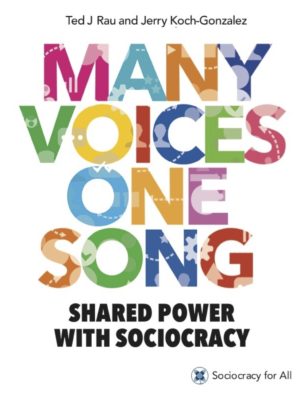In 1972 with a group of parents forming a cooperative school, predominantly young Yale faculty members who had moved to town to join a new college. We were committed to diversity and having a hard time recruiting people of color and from a different socio-economic class.
We were having an equally hard time finding appropriate space that we could afford. This was long before charter schools so we were funding the whole thing ourselves. We had been offered a space in a Presbyterian church in the center of the city, just where we wanted to be. We had had hours of discussion. Everyone consented to accept the lease except one very young African American single mother. No one wanted to either pressure her to consent or disregard her opinion or to lose her from the group. We had met several times in the previous two weeks and were exhausted, ready to take anything. It was after midnight when we finally agreed to sleep on it and meet again the next night.
After the meeting as we all went to our cars the conversations were about what we would do if she didn’t change her mind. No one agreed with her reasons but some thought we should give up the space in order to empower her personally and prove that we were serious about diversity. Others found this condescending and patronizing.
When we reassembled the next night, everyone was tense and not meeting each other’s eyes. We started the round with the young woman. She said she was willing to respect the group’s decision but still felt strongly that it would be a mistake.
One by one, every person in the room sincerely agreed with her. The space was in the basement of an all white church that was fairly conservative. Most parent cooperative schools then had been started in reaction to segregation or the teaching of evolution in schools. We would be reinforcing that view of our school if we chose that space — even though we would have a separate entrance and an address on another street. Even though we were going to be an open school and had hired teachers with fairly radical ideas, there would also be pressure to conform. It wouldn’t be a long term home and would be a bad start.
The self-assured optimism of the educated elite that believed it could change the minds of anyone with their successful progressive school and rational arguments, no matter how different their values, had melted overnight into her realism. She knew from her experience and her perspective that these people wouldn’t change — they liked who they were and it was a church where they had full control. They would be more than we could bear when we were still so new and untested.
We found other space shortly afterward.
One thing I’ve learned is that few groups are willing to spend the amount of time and listening required to work out this level of consensus. Perhaps in cohousing the aims are too diverse. Pre-move-in the task is huge and complex but the aim focused. We set aside our other aims. After move-in, all the personal aims we had deferred reemerge and exist in one place. With 65+ adults, there are a lot of aims. People with strong personal aims elsewhere don’t have that much the time or energy to spend on community aims unless they consciously make and preserve room for them.
Categories: Decisions and Power, In Our Schools

